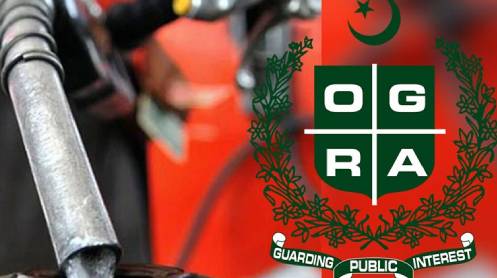The logical conclusion of cases and references especially those where high profile personalities are involved remains a far cry. The reference in question that was filed against former prime minister Syed Yusaf Raza Gilani, incumbent National Assembly Speaker Raja Pervaiz Ashraf and others related to the ‘illegal’ appointment of Tauqeer Sadiq as chairman of the Oil and Gas Regulatory Authority (OGRA), remains inconclusive. Lately, the National Accountability Bureau (NAB) has challenged the acquittal of Syed Yusaf Raza Gilani, Raja Pervaiz Ashraf, former federal secretaries Sikander Hayat Maken and Shoukat Hayat Durrani, former OGRA chairman Tauqeer Sadiq and former managing director of a power distribution company Javaid Nazir in the said reference. Maken, a member of the selection committee, has been accused of failing to check the credentials of Sadiq for the post of OGRA chairman. Durrani and Nazir, two other members of the selection committee, were accused of recommending Sadiq for the post. Ashraf was nominated as accused in the reference since he was the minister for water and power at the time of Sadiq’s appointment, while Senator Yusaf Raza Gilani had been accused of giving final approval to the appointment back in 2009 while the main culprit Sadiq is accused of causing losses worth billions of rupees to the national exchequer.
Every time, a corruption scandal comes to the fore, fingers are raised at the performance of the ministries concerned and the top hierarchy that looked after the affairs of these institutions. In the above scandal, the energy ministry was responsible for the mismanagement and is answerable to the nation. The burning question is that the reference cited above dates back years and none of the people named are unknown. They have been around for as long as one can remember. Some have been in and out of power many times since NAB instituted the case. Where then has NAB been all this time? The standard defence of politicians involved in such cases is that they are politically motivated, as proved by the fact that even after the passage of so many years, no prominent politician has ever been convicted. Accountability as a national endeavour has suffered a loss of credibility precisely because of such factors. When NAB is unable to prove a case in the court despite the passage of years, the politicians’ defence assumes near verity. Whether further details presented by NAB to the court will restore the dented credibility of the anti-corruption regime remains a moot point and loaded with political undercurrents and ramifications.





